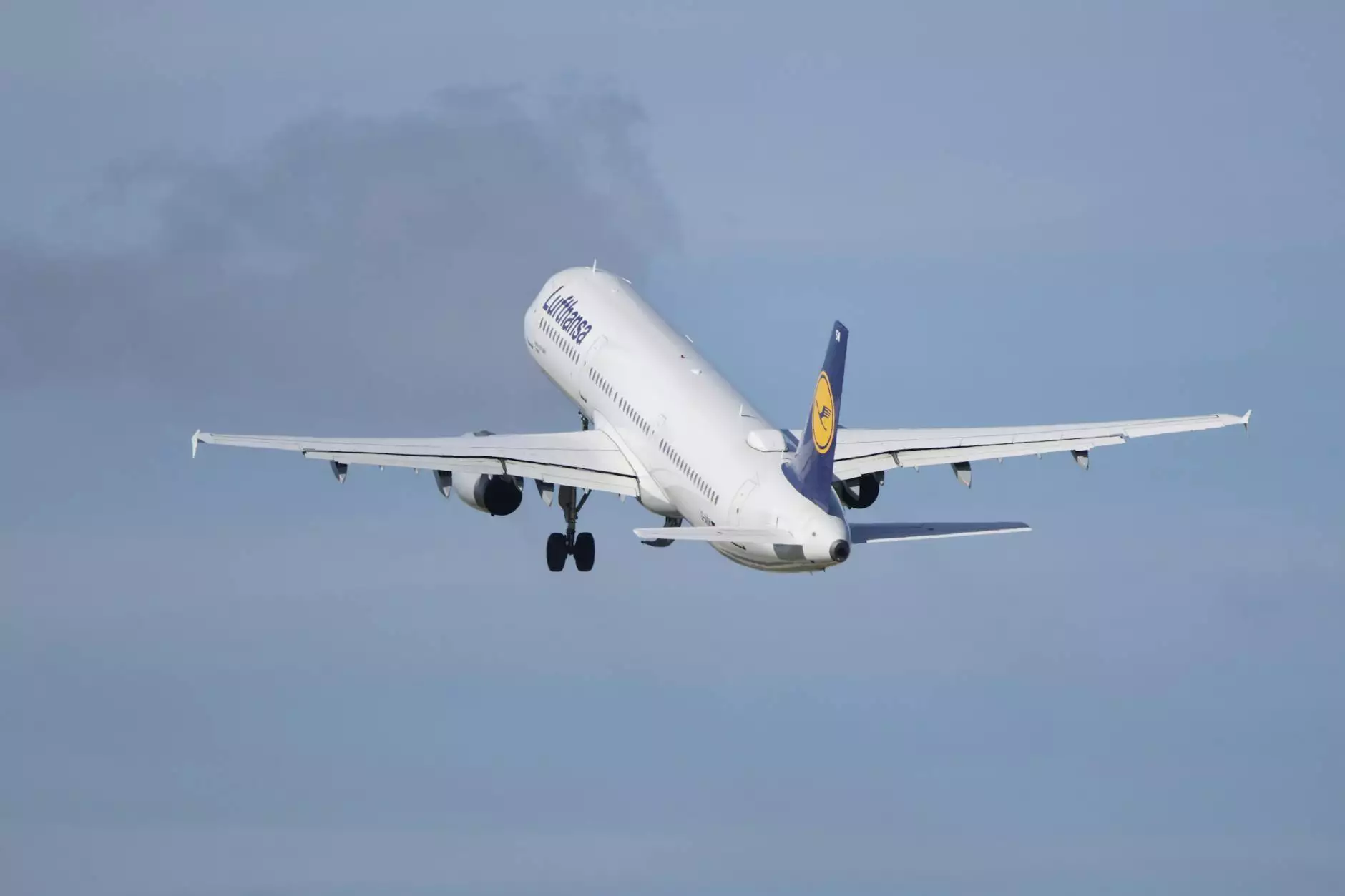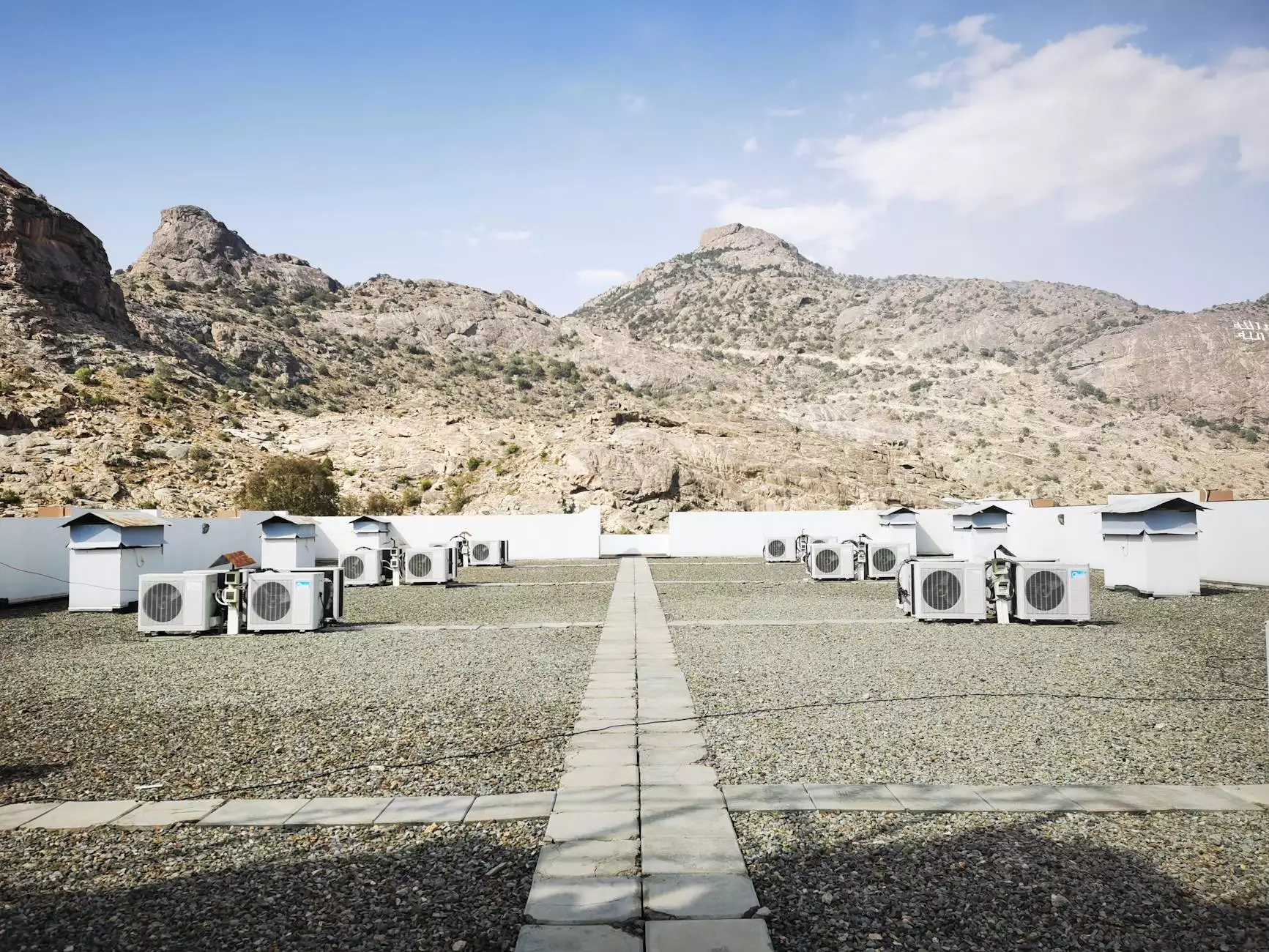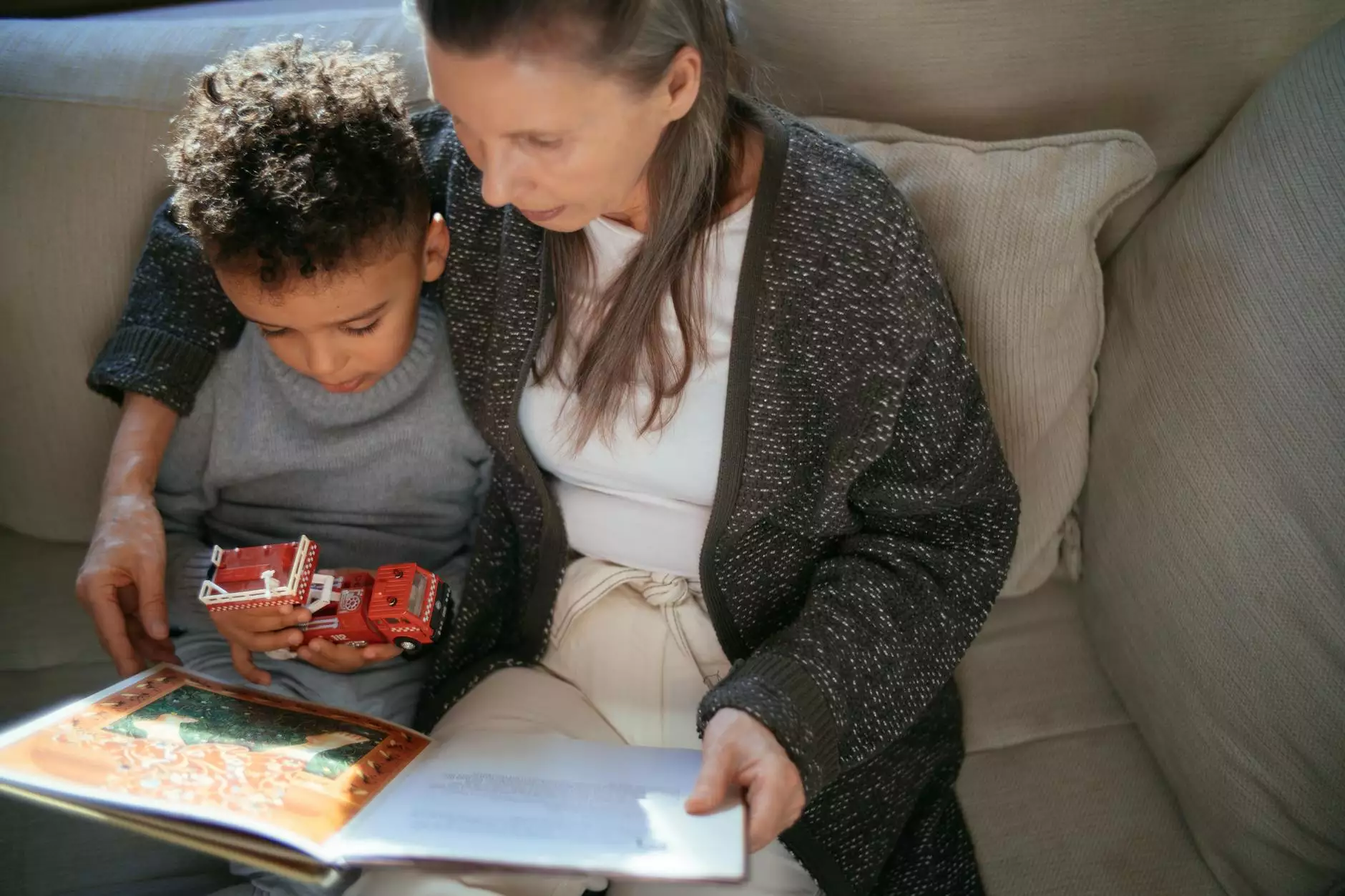École d'Hôtesses: Your Path to a Successful Career in Aviation

In today's fast-paced world, the aviation industry stands as a beacon of opportunity, connecting people across the globe. One crucial part of this industry is the role played by cabin crew members, often referred to as flight attendants. Training to become a cabin crew member requires not only dedication but also comprehensive education and skills. This is where the école d'hôtesses comes into play, providing aspiring cabin crew professionals with the necessary tools to excel in their careers.
The Importance of Quality Training in the Aviation Industry
The aviation industry is one of the most regulated sectors in the world, ensuring safety, reliability, and customer satisfaction. This high standard creates a significant demand for well-trained staff, particularly cabin crew members who must manage diverse situations at high altitudes.
An école d'hôtesses offers specialized training programs designed to equip students with the essential skills required for the role. These skills range from communication and problem-solving to emergency procedures and customer service. The holistic approach ensures that graduates are not only employable but ready to meet the high standards of major airlines worldwide.
What to Expect from an École d'Hôtesses Program
Enrolling in an école d'hôtesses provides multiple benefits, including:
- Comprehensive Curriculum: Programs typically cover a wide range of topics including safety regulations, first aid, customer service, and cultural awareness.
- Hands-On Experience: Many schools offer practical training opportunities that simulate real-life scenarios cabin crew members face.
- Industry Connections: Reputable schools often have partnerships with airlines, providing students with networking opportunities and potential job placements.
- Flexible Learning Options: Many programs are designed to accommodate students with varying schedules, including online classes.
Core Training Areas in an École d'Hôtesses
Students at an école d'hôtesses will experience a diverse curriculum, focusing on several core areas:
1. Safety and Emergency Procedures
Understanding the safety protocols is the cornerstone of cabin crew training. Students learn about:
- The operation of safety equipment
- Emergency evacuation procedures
- Handling in-flight medical situations
2. Customer Service Excellence
Providing an exceptional customer experience is vital in the aviation industry. Training includes:
- Effective communication skills
- Conflict resolution techniques
- Personalized service delivery
3. Cultural Sensitivity
With flights traveling globally, cultural awareness training is essential. This aspect covers:
- Understanding diverse cultural norms
- Effective interaction with passengers from various backgrounds
- Language basics for better communication
4. Physical Fitness and Grooming
Cabin crew members need to maintain a professional appearance and physical fitness. Programs often include:
- Grooming standards specific to airlines
- Fitness regimes to manage long hours on flights
- Nutrition guidelines for maintaining health
Benefits of Attending Cabin Crew Schools
The advantages of enrolling in an école d'hôtesses are numerous, with both personal and professional growth opportunities. Some key benefits include:
Enhanced Employability
Completion of a recognized training program significantly boosts job prospects. Airlines prefer candidates who have undergone structured training, as it assures them of the individual's readiness to face the challenges of the role.
Development of Soft Skills
In addition to technical skills, students also develop essential soft skills such as:
- Teamwork
- Emotional intelligence
- Leadership qualities
Networking Opportunities
Many schools maintain relationships with various airlines and industry leaders. Students can leverage these connections for internships, mentorships, and eventual job placements.
The Role of Écoles d'Hôtesses in Creating Industry Leaders
Écoles d'hôtesses are not just training centers but breeding grounds for future leaders in the aviation industry. As students learn the intricacies of being a cabin crew member, they also cultivate a sense of responsibility and professionalism. As they progress, they may even take on leadership roles within their teams on board, directly influencing the flying experience of countless passengers.
Future Trends in Cabin Crew Training
As the aviation industry evolves, so too must the training programs offered by écoles d'hôtesses. Emerging trends to watch for include:
1. Technological Integration
With the rise of technology, schools are incorporating advanced simulation tools and training equipment into their curriculum, enhancing the learning experience.
2. Focus on Sustainability
As airlines focus more on sustainability, training programs are beginning to emphasize eco-friendly practices and responsible aviation.
3. Personalization of Learning Experiences
Tailored training solutions are becoming popular, allowing students to focus on specific areas of interest or career goals.
Conclusion: A Rewarding Journey Awaits
A career in aviation as a cabin crew member is not just a job; it’s a rewarding journey that offers unique experiences, challenges, and opportunities for personal growth. By enrolling in an école d'hôtesses, you are taking the first step towards a fulfilling career. Whether you dream of flying high above the clouds or providing exceptional service to diverse passengers, the right training will make all the difference.
At cabincrew-academy.com, we are dedicated to providing aspiring cabin crew members with the best training opportunities available. Join us, and let’s embark on this exciting journey together!
ecole d hotesse








